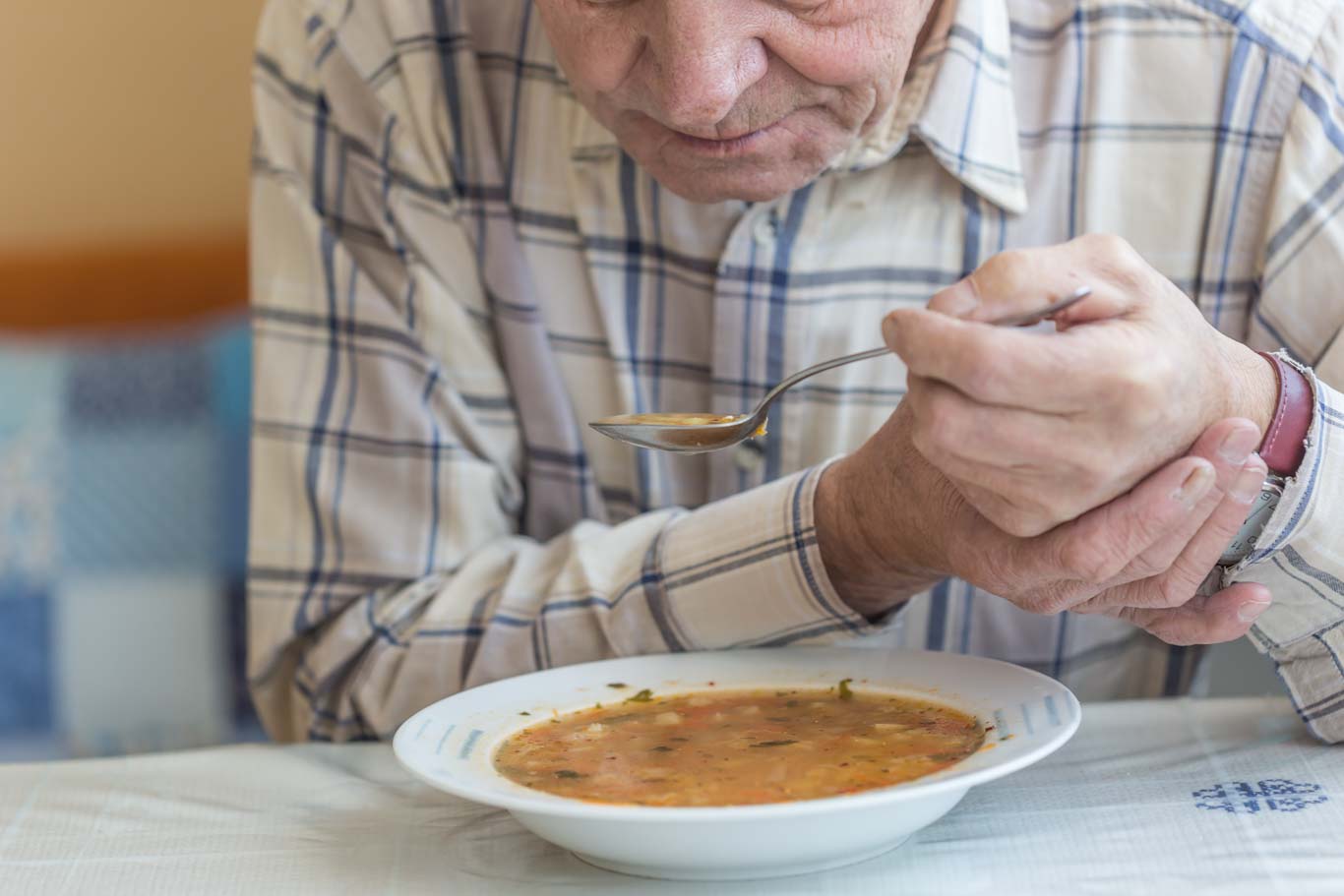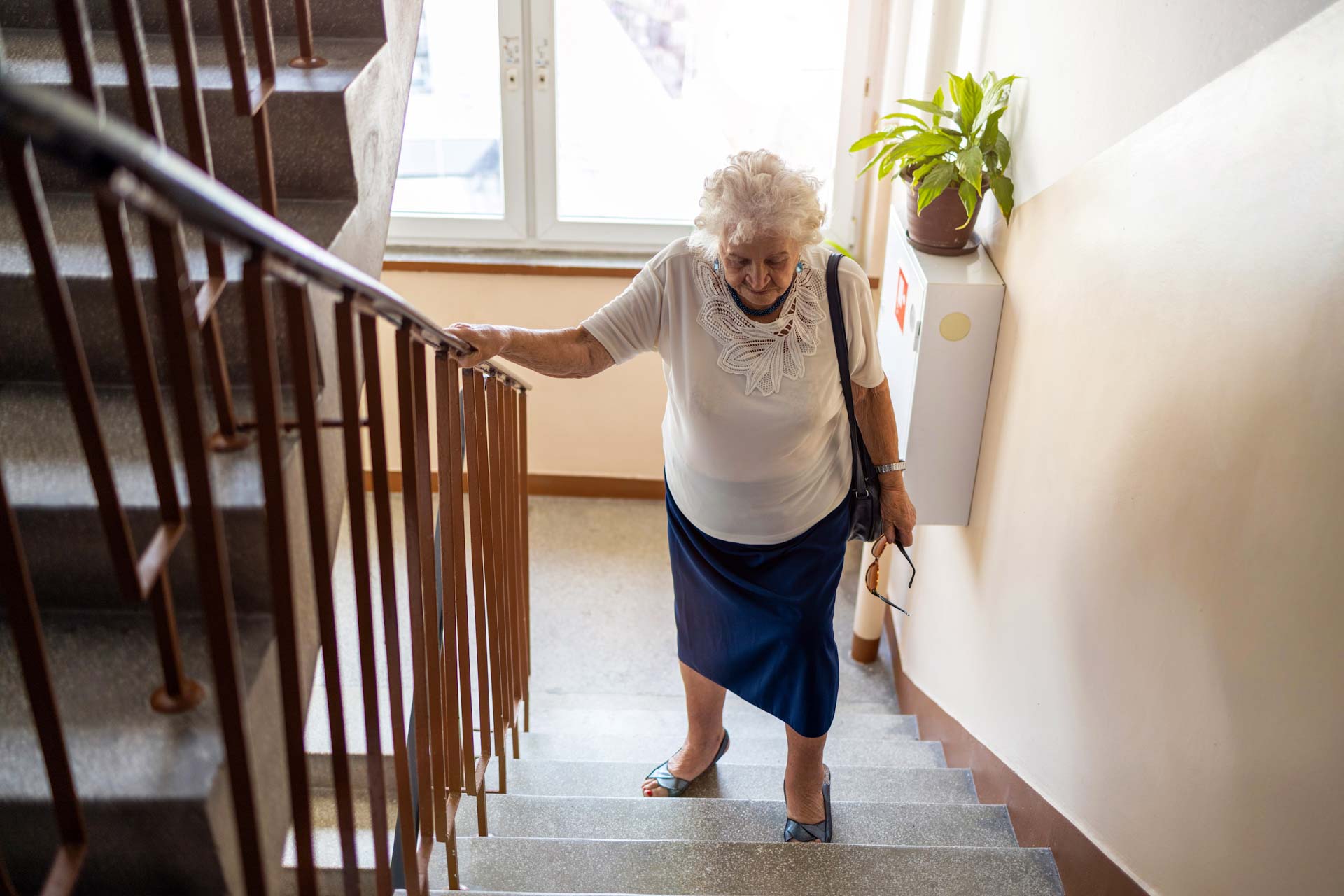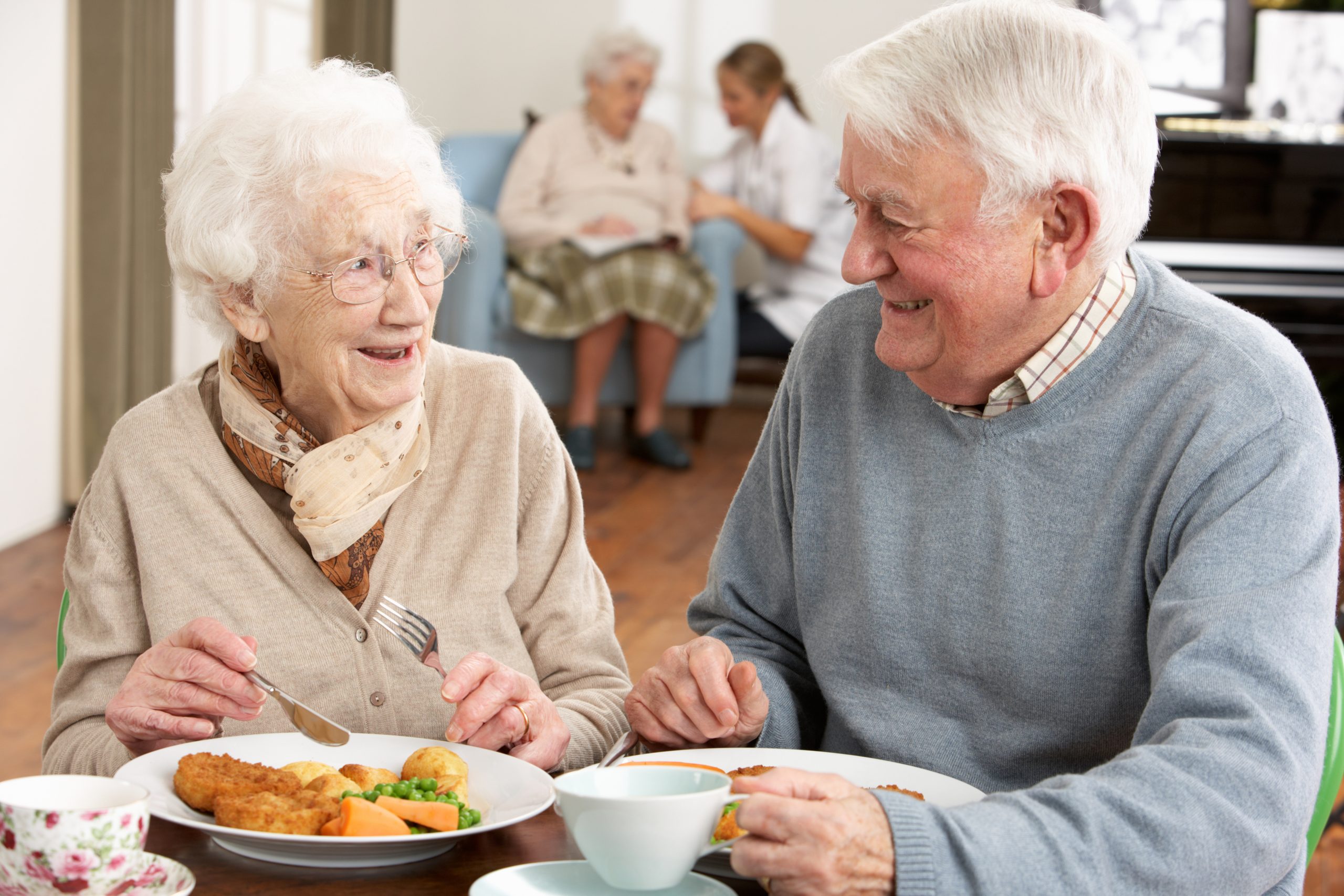How to Care for a Loved One with Parkinson’s Disease


Understanding Parkinson's
Parkinson’s disease is a condition in which parts of the brain become progressively damaged over many years.
Although there is no cure, treatment options vary and include medications, lifestyle adjustments and surgery. While Parkinson’s itself is not fatal, disease complications can be serious. The first step to living well with Parkinson’s disease is to understand the disease and the progression.
Symptoms of Parkinson’s disease
The main symptoms of Parkinson’s disease are:
- involuntary shaking of particular parts of the body (tremor)
- slow movement
- stiff and inflexible muscles
A person with Parkinson’s disease can also experience a wide range of other physical and psychological symptoms.
These include:
- depression and anxiety
- balance problems (this may increase the chances of a fall)
- loss of sense of smell (anosmia)
- problems sleeping (insomnia)
- memory problems
Who’s affected?
Most people with Parkinson’s start to develop symptoms when they’re over 50, although some people with the condition first experience symptoms when they’re under 40. Men are slightly more likely to get Parkinson’s disease than women.
How to Manage Parkinson’s
As the condition progresses, the symptoms of Parkinson’s disease can get worse, and it can become increasingly difficult to carry out everyday activities without help.
Many people respond well to treatment and only experience mild to moderate disability, whereas the minority may not respond as well and can, in time, become more severely disabled.
Parkinson’s disease does not directly cause people to die, but the condition can place great strain on the body and can make some people more vulnerable to serious and life-threatening infections.
But with advances in treatment, most people with Parkinson’s disease now have a normal or near-normal life expectancy.
Day-to-day tasks
In the early stages, after an initial diagnosis, it’s most likely that your loved one will still be able to manage most of their everyday tasks. Over time, they may notice more difficulties developing. It’s tempting to alleviate their struggle by taking over tasks. However, it’s important that they still participate in their routine for as long as possible.
Medication
Getting the right balance of drug treatments for the disease is complex and can take a while. The most suitable combination of medications can vary from person to person. Dosage and type need to be varied over time. They usually result in some side effects that need to be monitored.
Having someone around who is familiar with your loved one and can spot changes with an experienced eye can help when it comes to providing information to medical professionals that they can use to adapt treatment.
Diet
Parkinson’s affects the digestive system. The muscles that move food through the system get slower and less effective. This can lead to constipation, a loss of appetite and significant weight loss. Maintaining a healthy diet with plenty of fibre is vital for keeping everything moving under these circumstances.
In later stages, it may become difficult to eat due to tremors and/or problems with swallowing. Your loved one may need support at mealtimes and plenty of reassurance to address any fears about choking.
Eating is one of the fundamentals of life, so this is an area that requires special attention and support.
Safeguarding the home
As Parkinson’s progresses, a person with the condition experiences more mobility issues. They’ll need more assistance going about their day-to-day lives. Getting around their home safely might also become a little more challenging.
Here are a couple of things you can do to make your home safer for a person with Parkinson’s disease:
- Keep the floors clear: Any things that can easily be tripped over on the floors of your home, like electrical cords, should be kept away. Keep the usual path they take through the house as clear as possible.
- Install ramps when needed: At the later stages of Parkinson’s, a person’s mobility might become so restricted that they need a wheelchair. It’s essential to make your home wheelchair-friendly and accessible if this happens.
- Make your bathroom safer: Install grab bars around the tub and anti-slip mats in them if you have a bathtub. Also, keep personal hygiene products within easy reach to prevent them from slipping or falling over trying to reach for them.
Psychological Care
This is one of the most important aspects of care. With Parkinson’s, it’s easy to get wrapped up in the physical symptoms of the disease. Emotional support and stress management after diagnosis are vital. Learning strategies to cope with frustration and potential depression early on can make a huge difference in the later stages of the disease. Asking for help from a professional and taking to someone not directly involved in the situation can help.
Parkinson’s is a challenging disease, the important thing to remember is that life continues and still has value even under very challenging circumstances. Having a supportive team that includes medical professionals, family and friends and professional Parkinson’s care can help. Using carers can help your loved one stay independent and have dignity and can help alleviate some of the stresses for family and friends caring for someone with Parkinson’s. If you would like to find out more how our care teams can help, then please get in touch



